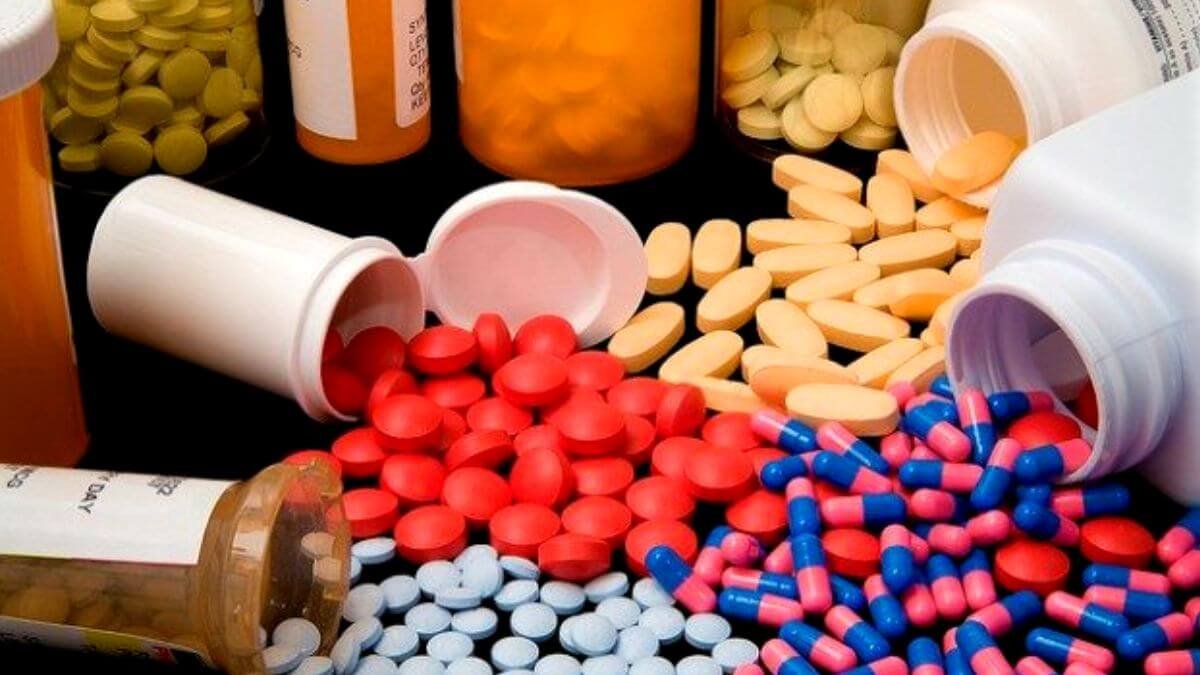Antimicrobials are medicines that treat illnesses or infections caused by microbes. Microbes are organisms that can enter the human body and cause diseases. It can be a bacteria, virus, fungi, or parasite. Sore throat, pneumonia, food poisoning, colds, flu, stomach infections, tapeworms, gonorrhea, and UTIs are common infections caused by microbes. Antibiotics, antiviral agents, antifungal medicines, and antiparasite medicines are considered antimicrobials.
How Do Antimicrobials Help Us?
Doctors prescribe antimicrobial medicines irrespective of age or health conditions as it is necessary to use them to get rid of many infections. It slows down the growth of many microbial in your body and also kills them. Antimicrobials are also taken before surgery to prevent infections. These fast-acting medications will start giving you results within hours. In most cases, we consume antimicrobials pills and they are very easy to consume.

Once a microbe enters your body, it has so many goals to achieve. First of all, it will find a target to start working such as the lungs or intestine. Then it will get attached to the target organ. After that, the microbe multiplies ad stated consuming nutrients from your body. Then it will fight against the immune system. Antimicrobials can affect the microbes in any state of their activity.
Are There Any Adverse Effects?
Studies have proven that continuous, unscientific; or regular usage of antimicrobials can cause several adverse effects on the human body. It can be long-term as well as short-term. Antimicrobials may have side effects like digestive issues like nausea, vomiting, diarrhea, abdominal pain, loss of appetite, and bloating.
Bone damage and sensitivity to sunlight are also reported as a continuation of the course of antimicrobial medications. Long-term usage of it may damage your body’s natural immune system. Your body may also build a kind of resistance to any antimicrobials which may lead to complicated infections. When your body is resistant to antimicrobials, it cannot fight any infections and the condition of the patient may get worst.
What If I Have Antimicrobial Resistance?
Your body will not respond to any antimicrobials if you have antimicrobial resistance. Any doctor’s treatment plan cannot be successful.
If a person with antimicrobial resistance is suffering from pneumonia, bottles of penicillin cannot reduce the symptoms. Pneumonia-causing microbes can survive the antimicrobial drug and the conditions will get worse. It may even lead to death.
How To Prevent And Control Antimicrobials?
Though very helpful, the usage or misusage of antimicrobial drugs should be prevented or controlled as adverse effects like antimicrobial resistance is a threat to humanity. Here are a few things that we should note while consuming it.
- Take antimicrobials only when it is prescribed.
- Take it as per the instructions.
- Don’t use antibiotics for the viral flu.
- Take the complete course of antimicrobials. You cannot keep leftover or mutated viruses in your body. Only the full course of medication can help your body to wipe the organism off.
- The left antibiotics cannot be saved for next time.
- See that you are consuming the prescribed antimicrobials even if you are feeling better.
- Never consume an antimicrobial that is prescribed for someone else. Self-treatment should be avoided when it comes to antimicrobials.
- Doctors should be vigilant about the dosage that is prescribed. They should educate their patient regarding the mode of consumption.
- The authority should also take part in the process of preventing or controlling the use of antimicrobials by restricting livestock in medicine outlets.
- Educate society, especially children to stay away from microbes causing diseases. See that they know to be hygienic.
- We should always be cautious to prevent infections.
